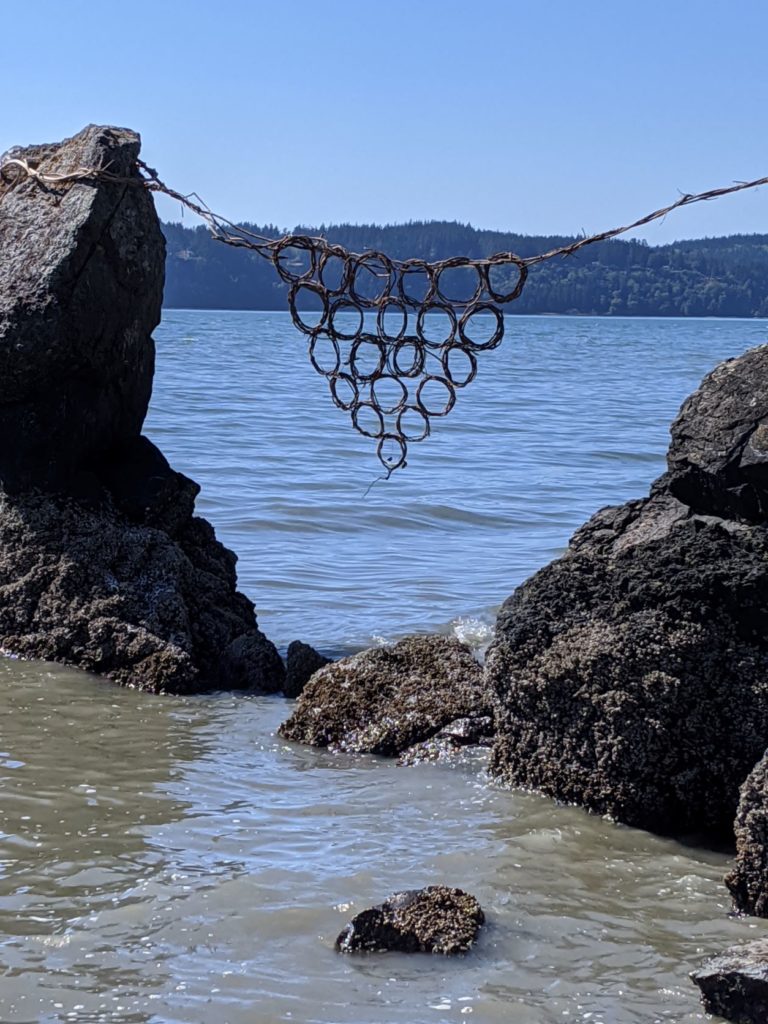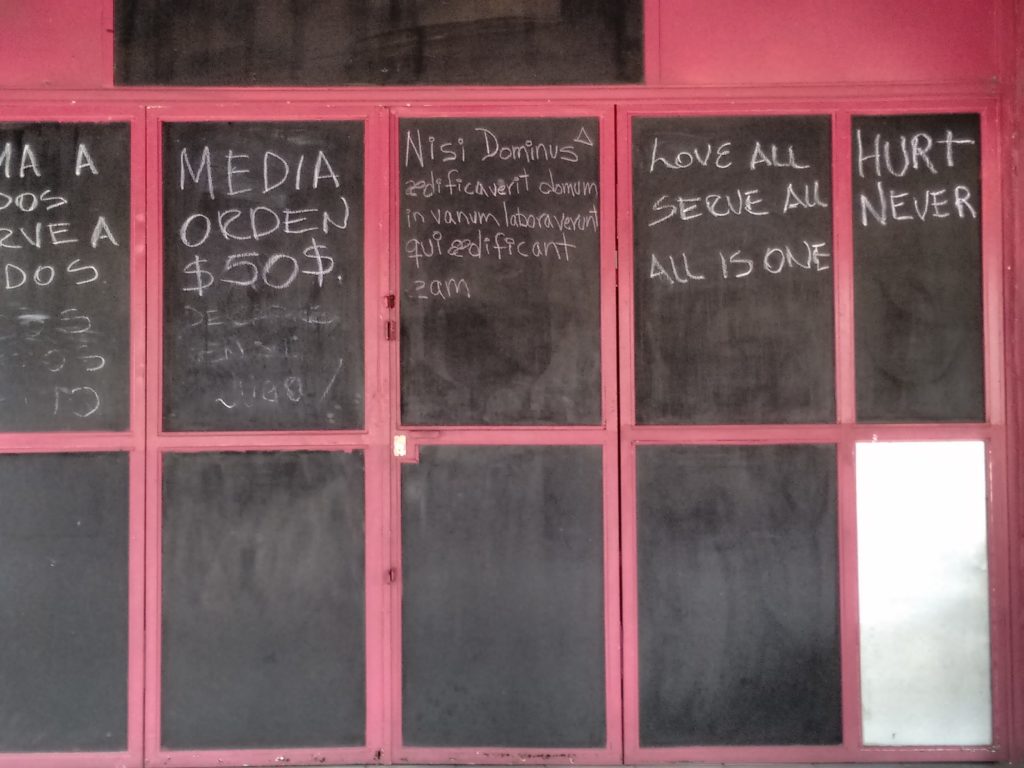
One of the things my “lying fallow” period has afforded me is more time and focus to learn about important things I have either avoided or missed. Racism and white supremacy are some of the big ones. So as I review old blog drafts, there is sadness to see how I picked up signals in 2014 but did little to nothing to act on them. Yeah, “too busy” is a crap excuse. So with a dip back to 2014, I realized some part of me was picking up on equity issues, and on decolonization (which really confused me at first and it is a huge embarrassment. I apologize.)
So take a stroll with me back to On Equity Issues in the Maker Movement, and Implications for Making and Learning | Empathetics: Integral Life. As usual, you will get more out of this by reading the full, original post, but I appreciated the lessons, as they are another example of how boundaries trick and fool us, and finding ways to bridge across them (even if we create those same boundaries in our own minds).
There are some lessons that I think we can glean from these examples, lessons that can be heeded by others interested in making and learning who want to make sure we keep equity at the heart of the conversation. The first lesson is to bridge making practices into valued cultures of non-dominant youth. Dreamyard, as an example, has teens creating musical instruments, and brings fashion crafting into its programming. The second is to link making practices with taking action on social justice issues. Both NySci and MOUSE do this when they, respectively, engage in making for the purposes of shedding light on environmental conditions in a neighborhood or creating technologies that make life easier for those with disabilities. And a final lesson is to design maker education initiatives with, not just for, local communities. Brooklyn College Community Partnership is a wholly grassroots organization, and in figuring out what the maker movement might mean for their educational programs, they made sure that a full range of stakeholders, especially youth, were at the table. In many ways these lessons are not new – theories of culturally relevant pedagogy, funds of knowledge, co-design and participatory design would all suggest creating learning environments in similar ways. We just need to remember to continually apply, and advance, such ideas as we explore this intersection of making and learning.….
…And we can look to examples that are rooted in the work of innovative, equity-oriented educators to see what good practice looks like so that, as Buechley says, the new boss doesn’t look the same as the old boss.
I am continuing my learning journey, making mistakes along the way. I don’t write about it much because I worry that that is all writing, no action. So this is a rare moment.



